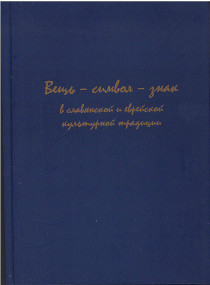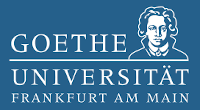“We Had it All...”: the Jewish Text of the Old Solntsevo 1940–1980s.
DOI:
https://doi.org/10.31168/2658-3356.2019.17Keywords:
Jewish text, Jewish trade, Jewish store, Soviet shop, trade in the USSR, memory studies, historical memory, ethnocultural stereotypes, urban legend, SolntsevoAbstract
The article is devoted to the analysis of the “Jewish text” of the “old Solntsevo” of the 1940s and 1980s (the outskirts of Moscow now). The article analyzes the memories of non-Jews about Jews in a workers’ settlement of the past. Solntsevo was never considered a “Jewish place”, there was no synagogue, Jewish families were not involved in the national culture, they were Soviet, secular people, but Solntsevo has its own “Jewish text”. First of all these are stories about local shops, whose managers were Jews, stories about the «Invalid Village», as well as memories of Jewish teachers and deputies who did a lot of good deeds for Solntsevo. Narratives about the “Jewish shops” of old Solntsevo are considered as a result of the transformation of old stereotypical and folklorized ideas about a Jewish merchant in Soviet times. In the article, I presented observations of how the “Jewish text” is changing in the historical perspective from pre-war to post-war time. The post-war “Jewish text” on trade in the old Solntsevo is poor: out of 18 subject-motive groups allocated for the “Jewish text” on trade in the pre-war Latgale, only seven exist in Solntsevo. Memories of Jewish trade exist, but the loci of this trade (shops) lose their “Jewishness”.












